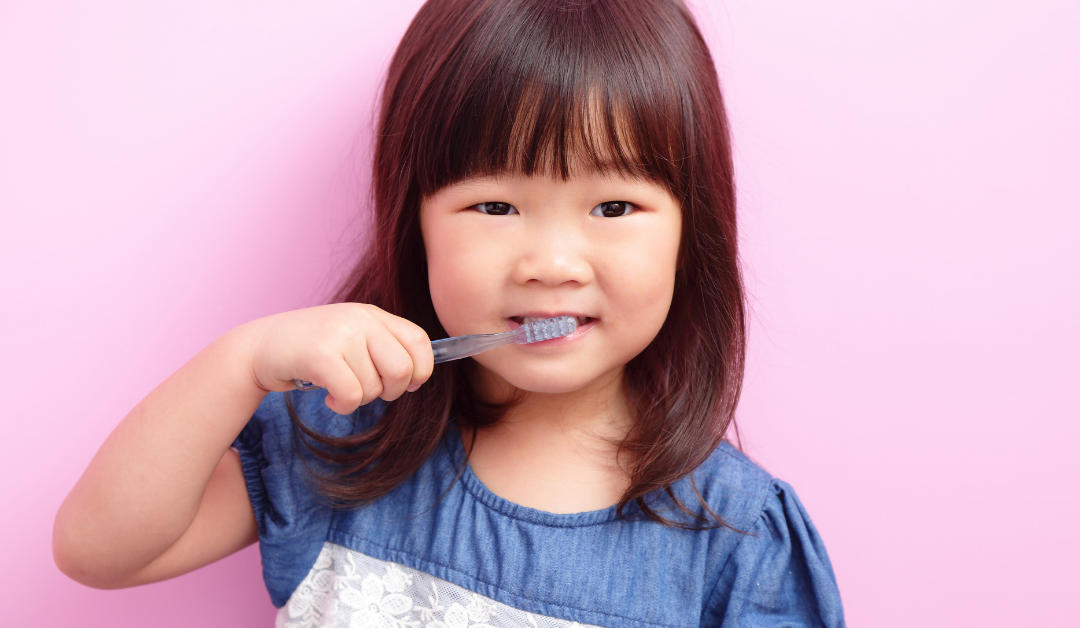
Kids’ Dental Tips for Every Age
February is National Children’s Dental Health Month, which makes now the perfect time to review how to care for your little or big kids’ teeth at home. This month-long awareness campaign was created by the American Dental Association to bring together dental professionals to promote the benefits of children’s oral health. Here at Falmouth Dental Arts, we believe that children should be actively involved with caring for their own teeth. Good oral habits start early and it’s important to create positive memories for your little ones about their dental experience. Our compassionate team of dental professionals is always happy to spend time educating both parents and children on good dental health habits such as scheduling check-ups and creating a daily flossing and brushing routine. Read on for a few of our favorite tips!
Tips for Babies and Toddlers
- At the first sign of a new tooth, use an infant toothbrush with a pea-sized amount of toothpaste and gently brush those mini pearly whites. Look for toothpaste that is approved by the American Dental Association for use with babies – if you need product recommendations, let us know!
- When your baby has two teeth side-by-side (usually the bottom center two teeth), you can begin flossing between them.
- Schedule your babies’ first dental check-up by 12 months of age. You can expect that during the first visit we will introduce your child to our office, the dental chair, and any tools and products that we will be using during a routine cleaning appointment. We start by simply taking a look into your child’s mouth to get them accustomed to this routine while we assess their teeth and gums. Our warm and friendly professional team is skilled at taking each step at a pace that is comfortable for your child. Your child’s first visit may also include a fluoride treatment, depending on his or her age, needs, and readiness.
Tips for Big Kids
- Continue to supervise your child’s brushing habits up to age 8 as they may not always brush long enough and may need to be reminded not to swallow the toothpaste. Replace his or her toothbrush every 3-4 months with a theme or color of their choosing. Reinforce that they should be brushing twice a day, for two minutes each time.
- Teach your child or teen about the importance of both hydration and good nutrition. Explain why healthy snacks like fruits and veggies as well as calcium-rich foods like yogurt and cheese are good for growing teeth and bones.
- Make sure your big kid flosses and swishes with a fluoride rinse once per day.
- Schedule your child’s dental appointments two times per year or more, if recommended. Dr. Brunacini and Dr. Karagiorgos love seeing the next generation of smiles coming through the office doors and helping them to establish healthy dental habits early on!
If you have any questions at all about your child’s dental health or need to schedule an appointment, give us a call at 207.781.5900.
